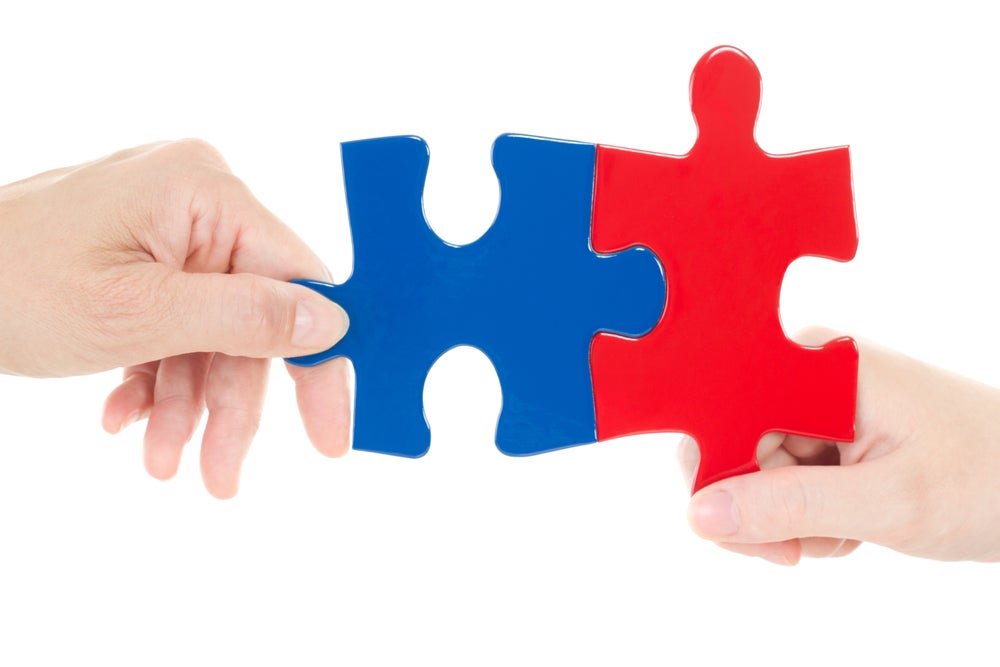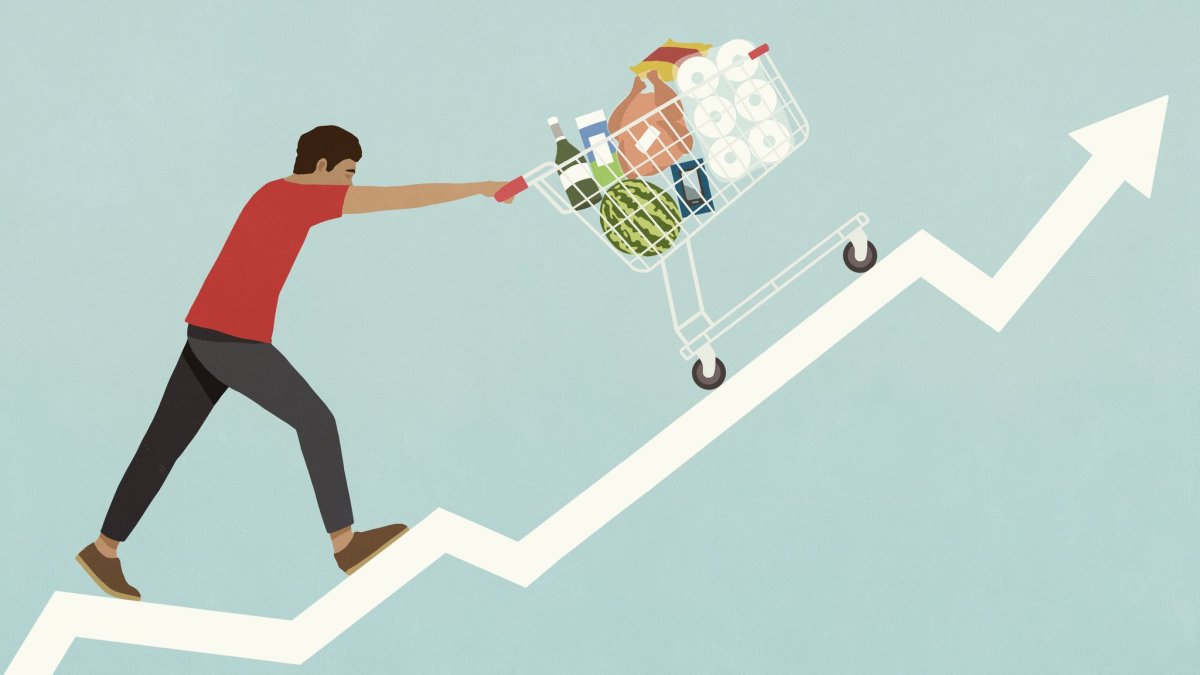Renos Vakis is a Lead Economist with the World Bank’s Poverty and Equity Global Practice and co-head of its Mind, Behavior and Development Unit. An expert on poverty who has written extensively about both Latin America and South Asia, he helps direct the unit’s efforts to apply behavioral science to anti-poverty policies in areas ranging from financial inclusion to early childhood development, social protection, health and education. He shared some of his ideas about behavioral science and its many applications to problems like inequality and social polarization in an on-camera interview at the IDB.
What is behavioral science?
The idea behind behavioral science is that people make decisions not just by using economic cues in terms of costs and benefits, but we also make decisions by using other elements, including our interactions with others, including how different psychological heuristics and the context affects us, and also based on our beliefs. And all of those elements basically affect how we make decisions. And therefore, the idea of behavioral science is to try to bring them back into different applications to make better use of both our understanding and also to help people make better decisions.
How is human behavior relevant to public policy?
Ultimately, policymakers really want to create good solutions for citizens and to do that they should be using any tool and instrument available to them. Some of the time a lot of the insights that come out of behavioral science basically are useful in a number of ways – one, because they give you new ideas about how to solve existing problems, but sometimes they can be done at a very low cost because they’re really all about changing small things around the context of a specific policy. So, in many ways they can both lead to both highly impactful and highly scalable ideas and solutions.
What policy areas can behavioral science be applied to?
I think as long as there are humans involved and decisions to be made, pretty much everything can be looked at through the lens of behavioral science. I think what we’re finding in the last few years is that, because behavioral science really deeply affects all of the facets of our lives, policymakers are finding a lot of interest and a lot of ideas and space for incorporating it into much larger policies problems like solving inequality, social cohesion, post-conflict situations, norms and how to change polarization in societies, and I think there’s a lot of exciting potential to push into those areas from the policymaking point of view.
Publisher: Source link











